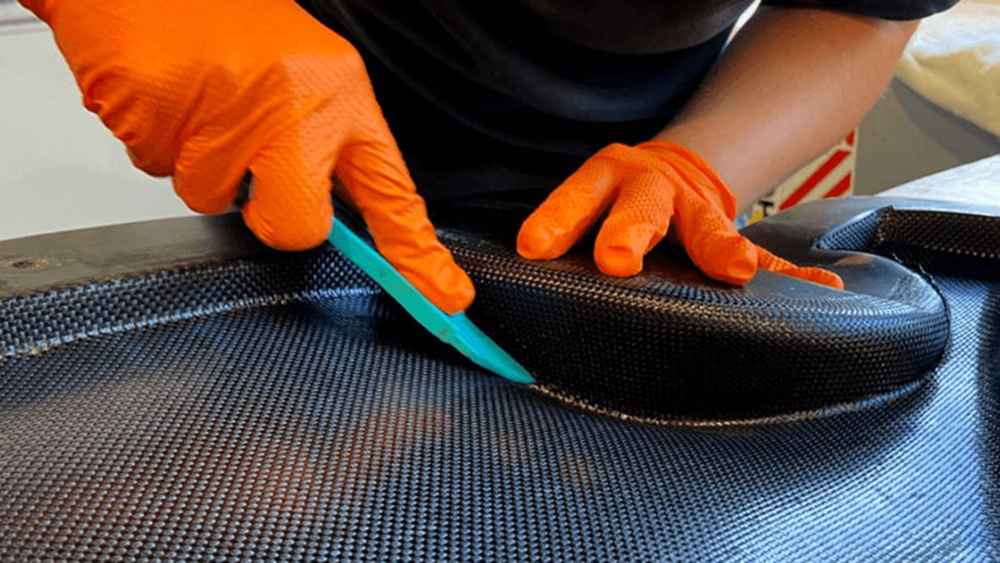Creaform
A technician at Karbonius Composites cuts a carbon-fiber part.
Karbonius Composites specializes in manufacturing precision molds and composite components across various sectors, including automotive restoration and high-performance customization. Founded in 2008 and based in La Coruña, Spain, the company’s production capabilities cover every step needed to deliver premium carbon fiber components—from initial design and engineering to manufacturing structural parts, decorative elements, sandwich panels, and beyond.
|
ADVERTISEMENT |
Known for its meticulous attention to detail, Karbonius serves clients that require parts with exceptional geometric fidelity and aesthetic precision. By working closely with high-end restorations and automotive customizations, the team is committed to excellence and valued as a leader in composite materials manufacturing.
…

Add new comment